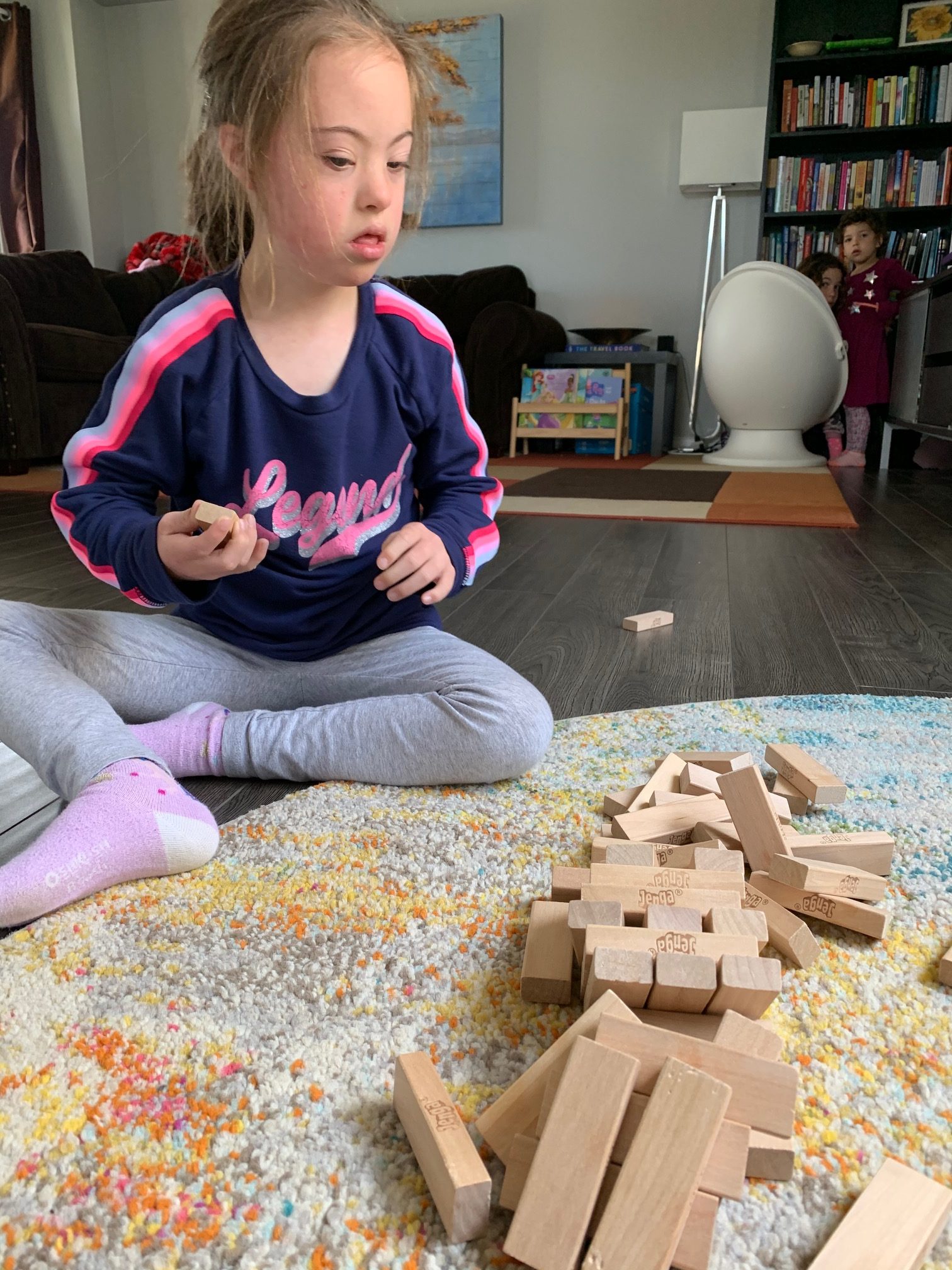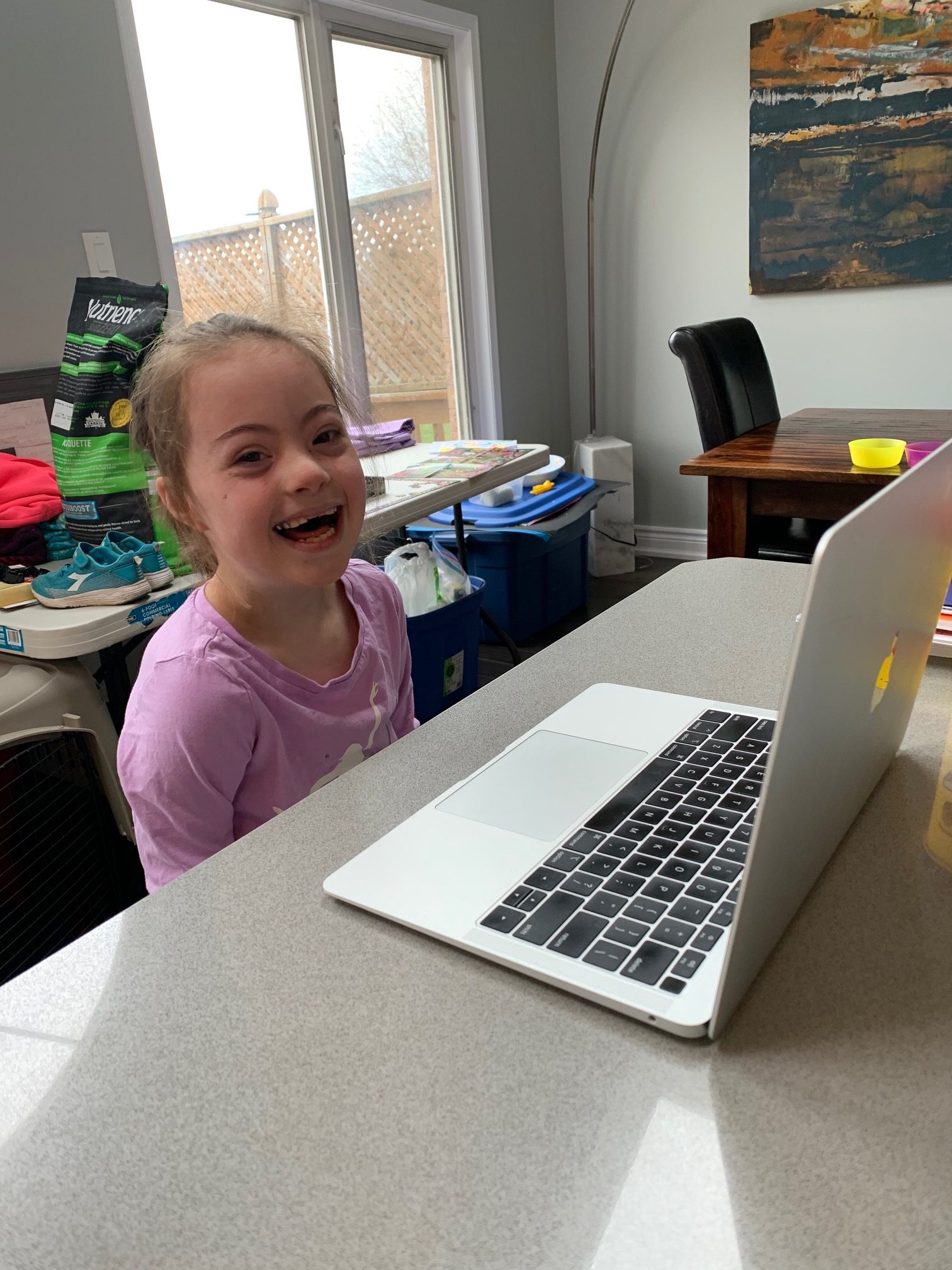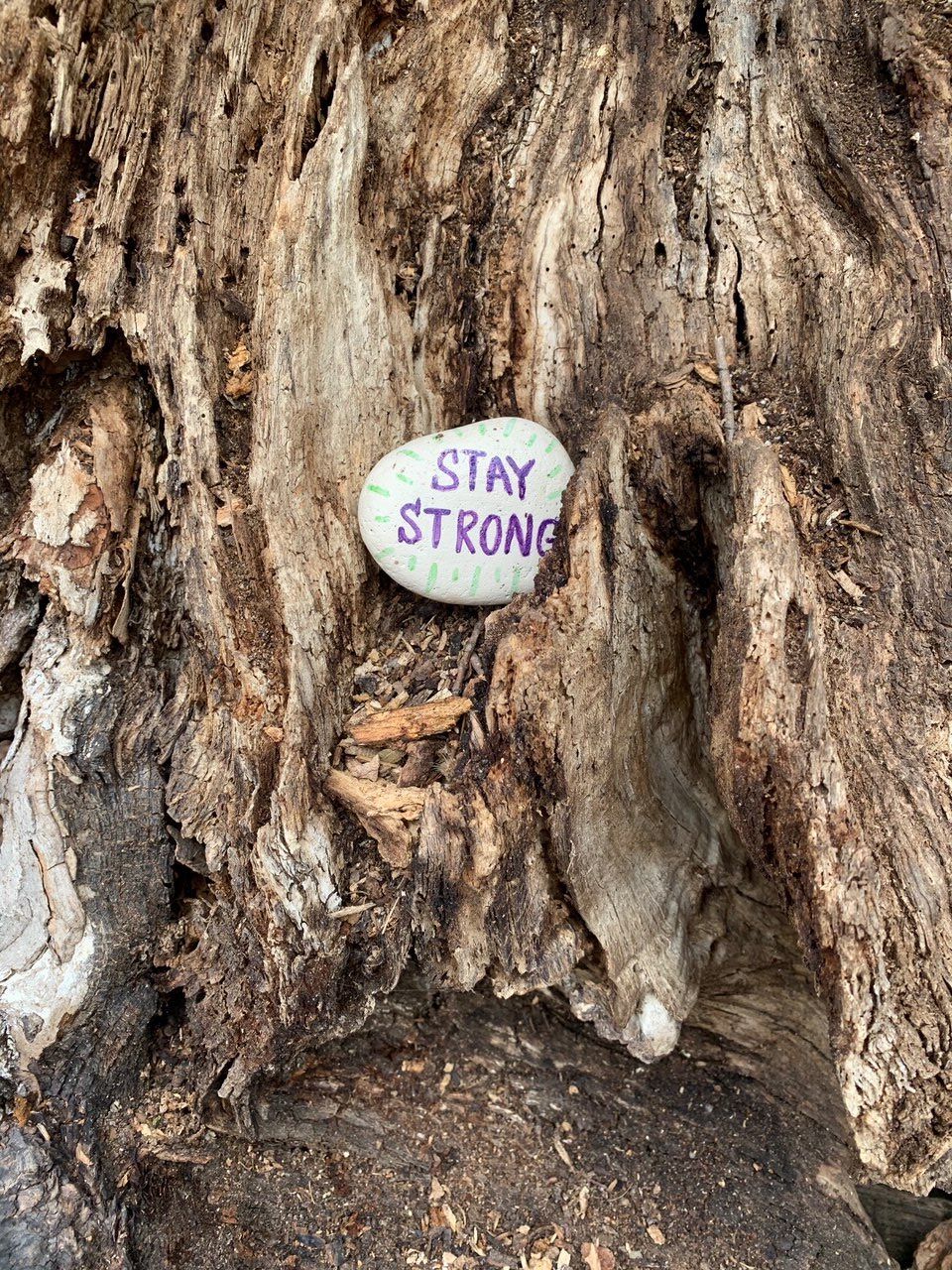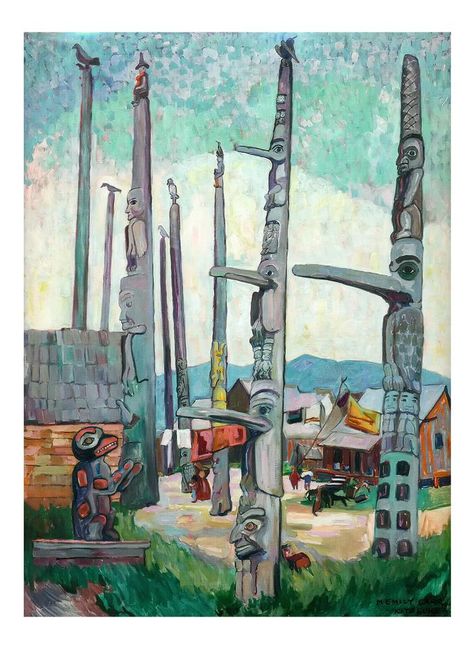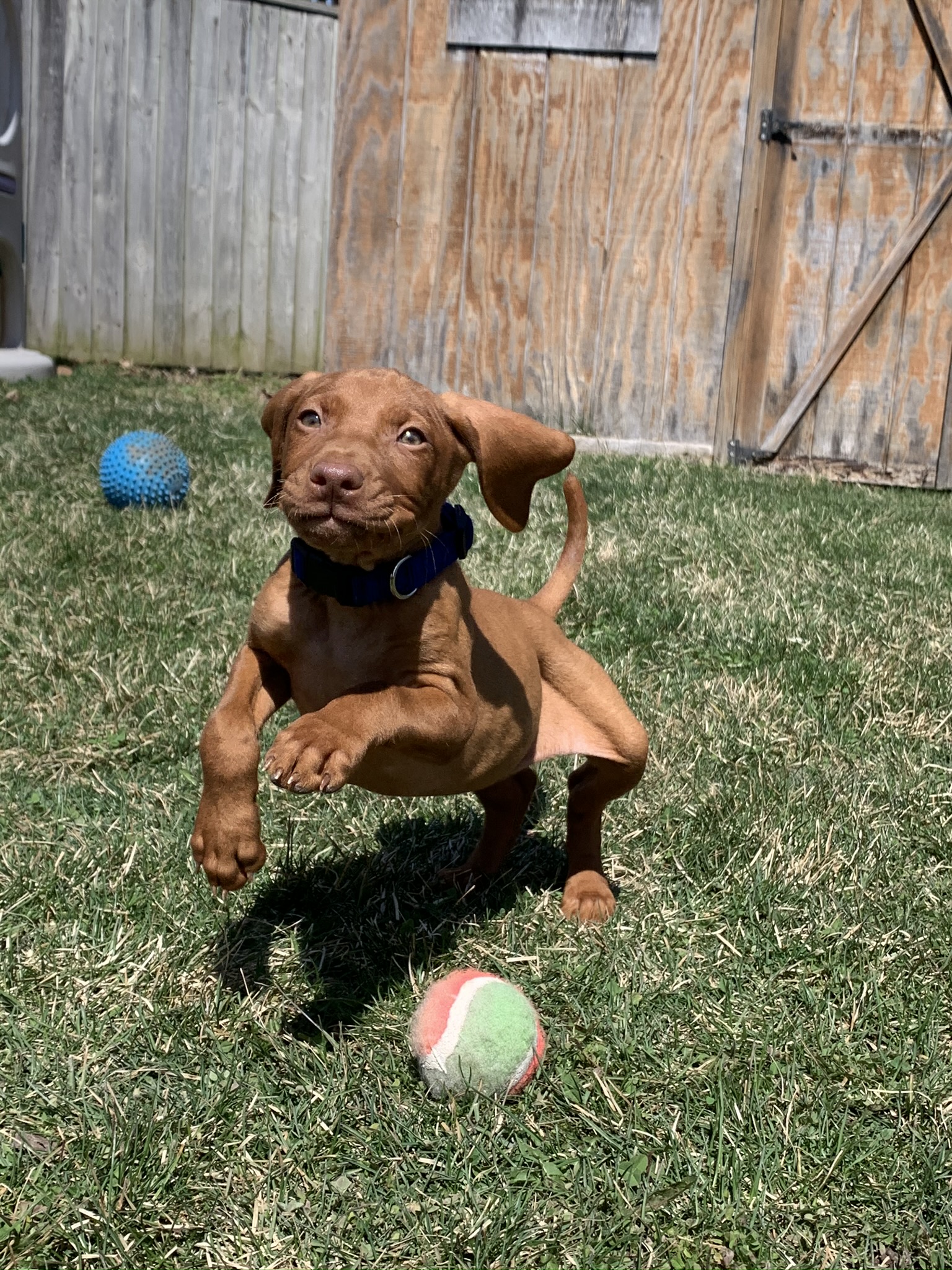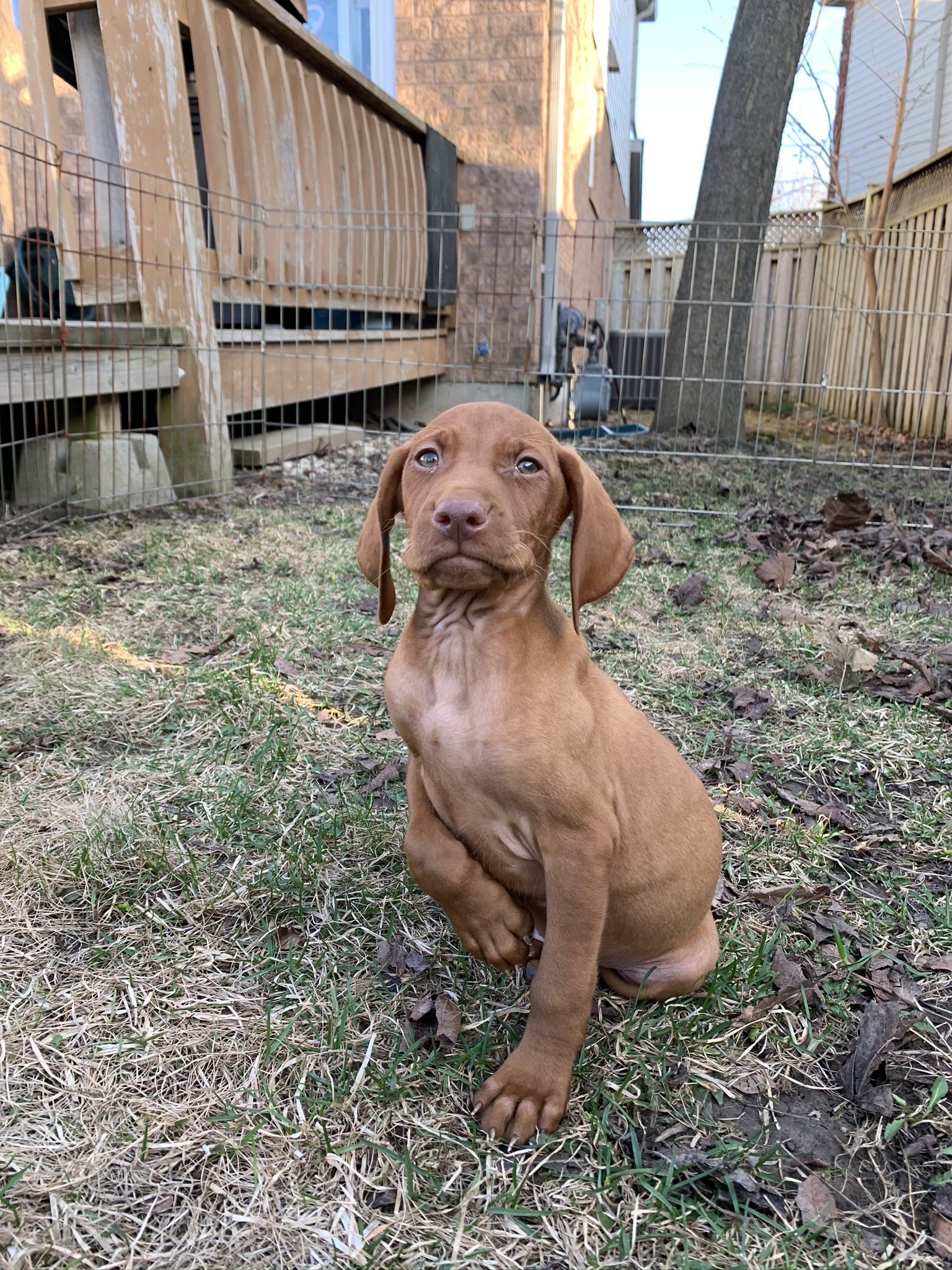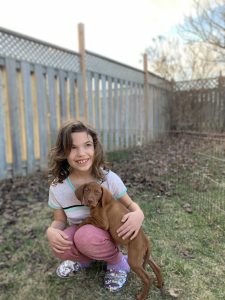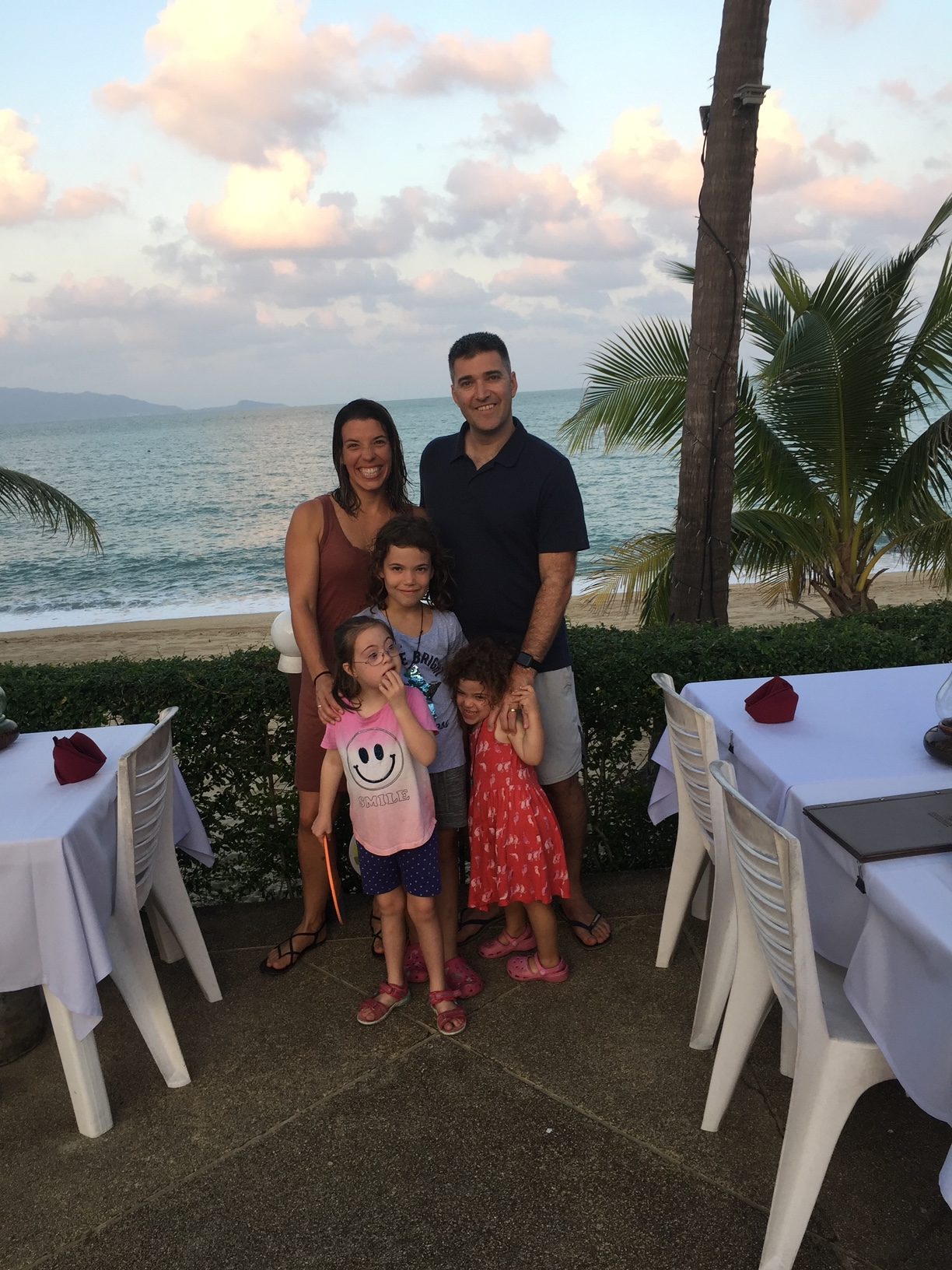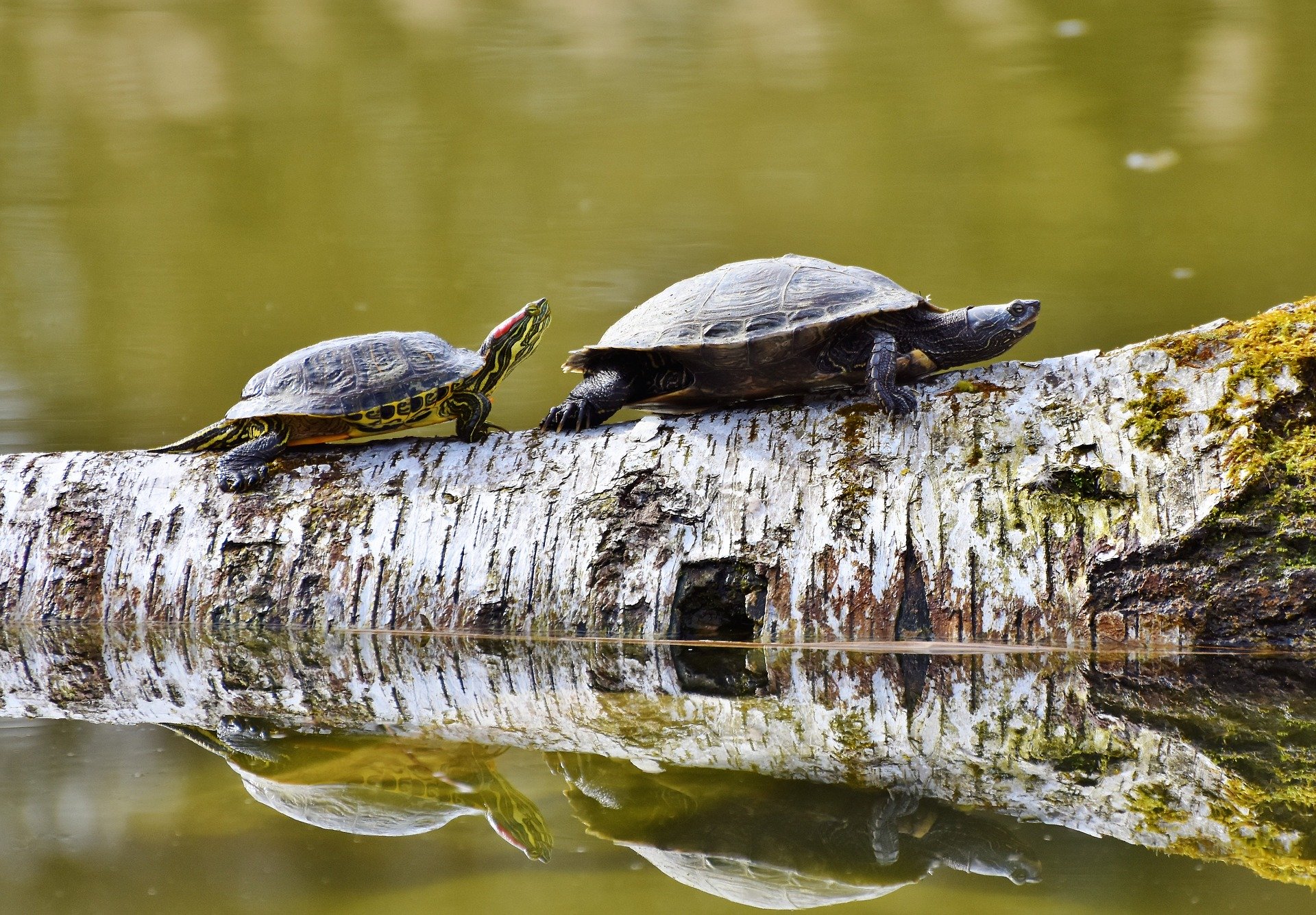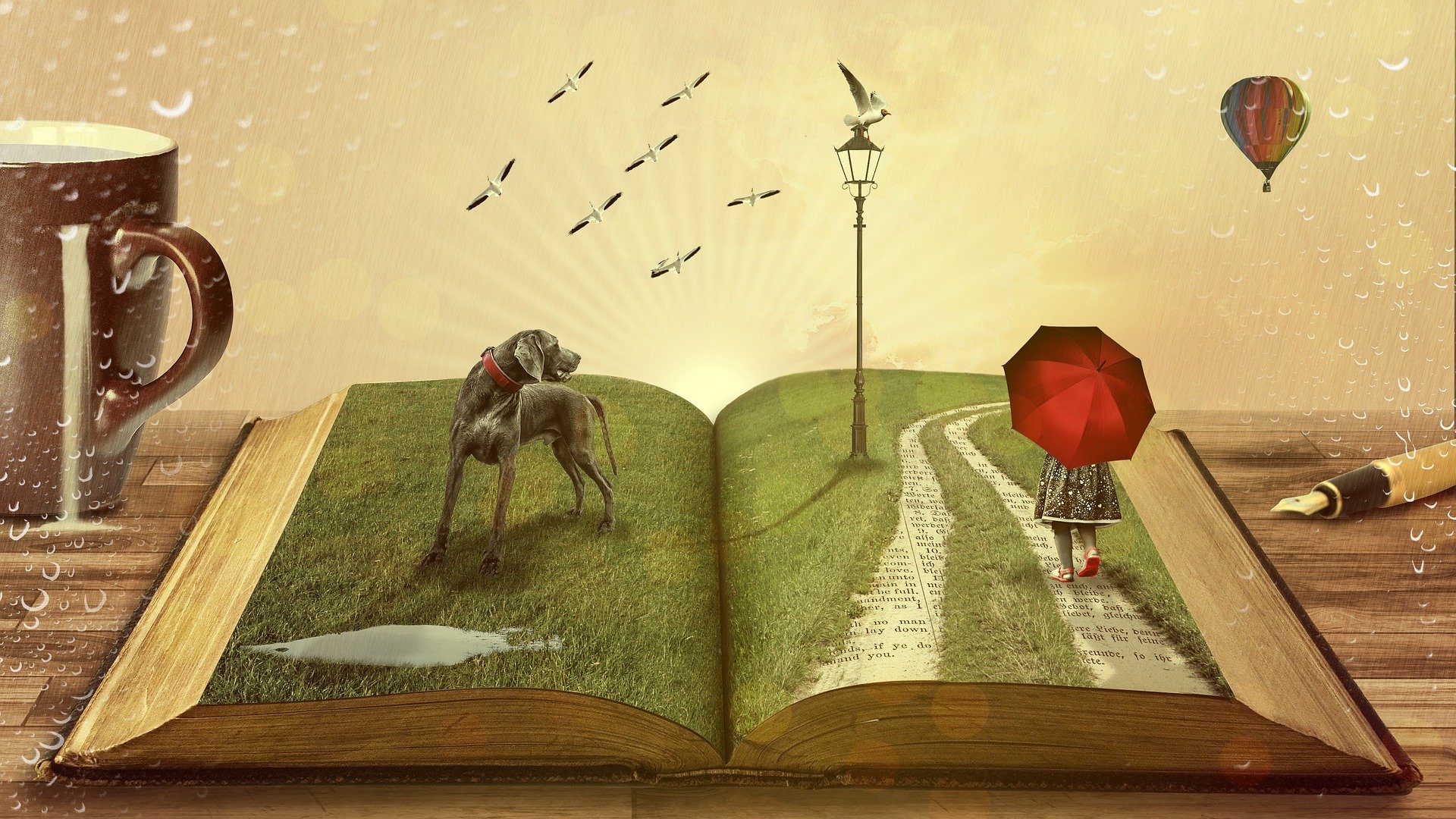What do you get when you cross sex trafficking with an octopus? Wait – hear me out, this is not a terrible joke; this is an honest look at the world around me and the decisions that go into writing about it. A local article posted to Facebook from Toronto Life about sex trafficking in our region caught my eye – would a line from the piece resonate with me? Would I find myself writing about this topic? Before the article took me by surprise, I was intent on sharing my recent interest in a book I’m reading about The Octopus, The Sea, and The Deep Origins of Consciousness called Other Minds, by Peter Godfrey-Smith.
Life is a tapestry, a smorgasbord of content, and my pen is my needle and with each colourful thread I weave into sentences my ideas are brought into being.
Additional topics floating through my mind: the weather, the absolute dull greyness of the season; the February blahs and a need to escape, or maybe that was less of an idea and more of a feeling. Winter weighs heavily on my mind. One minute (last week) you’re up; the next, the sky is grey and meaningless, a piece of your life’s work gets rejected, your husband abandons you for work (insert melodramatic violin playing here) and you’re looking after your parents’ dog who gives you this look of constant disappointment. You can’t measure up. You receive that rejection and think ha! this next piece is going to sell. That next piece, which you feel like it has taken you five years to get to this place of pitching it; you achieve the impossible and pare down your thoughts into one simplified beautiful email. You take your time on the email pitch, spend the best hour of the morning on it then send it to its intended destination with bated breath. You receive the universe’s reply before lunch, “I’m going to pass.” Hopes dashed right out of the gate, before noon. But there’s more hope! They’ve passed your piece onto a colleague! “They’re going to pass, too.” Alas, you sigh deeply, failure.
Life is just like that! Write it down.
I’m waiting to hear about a big project, a story I want to write, but waiting, waiting is so painful. I’m not a very patient person or perhaps (refer to last week’s post) my type A personality leanings mean I have a hard time relinquishing control. But you know what helps? To bide my time, I read. Whenever I’m in a bit of a rut, I turn to books. I create a new world around me. Books hardly ever fail me, and when they do, I put that one away and pick up another. There are loads of lives to choose from when our own lacks luster. I keep stacks of books at my bedside and ready to go on my phone. On the brain and in my ear. I listen to books when I work out: on the bike, on the treadmill, out for a run on dry earth and icy sidewalks. I listen to books when my husband’s away and I need fifteen minutes to do the dishes and clean up.
“Go play,” I tell the kids, and in go my earplugs as the tap whooshes on and now Jessica Simpson is telling me about her latest tummy tuck (yes, I listened to Open Book – don’t judge me – I fully intend to offset said trashy Hollywood star drama memoir by next reading Les Misérables in French, a 19th century hefty literary classic, to give my brain a stretch. Also, I’m going to stick up for Jessica and say I have to hand it to her for putting herself out there, whether she did really write most of that book like she says she did or not. Though spoiler, I think she skipped over some of the juicy bits, to tell you the truth).
Stories are fodder for the fire that burns within me. Here’s where sex trafficking comes in: I see an article where a person is telling their story in a format referred to as memoir or narrative nonfiction – the kind of writing that I write. From there, I think of selling one of my stories to that same media outlet. A new pitch is born. This is the act of paying attention, salvaging what is useful. A website. The name of a magazine. A particular detail. Illegal sex trade, you name it. The writer in me also seeks out how does this woman go about telling her story? I’m curious. I’m leaning in and I’m learning.
And my connection to octopuses, you ask? Why did I even mention that book in the first paragraph of this blog post? Well, because there’s a story there. I feel like I could write a whole essay about octopuses, and maybe I will, but for the time being I’ll imprint upon you a few contrasting images from real-life.
I met with a woman who told me her baby was born with their intestines outside of their body. This happened to her, twice. Once with her first child; they told her it would never happen again. Then again, with her second child. The first time she laid eyes on her baby’s intestines strung up in a pile overtop of her baby’s body in a clear plastic bag, she thought, well those intestines look like an octopus. That’s one of those lines and images that stays with you. After my meeting with this woman, I walked through the library and there was a book with an octopus on the cover and I had to feel it in my hands, take a closer look. There was something drawing me to the octopus; I couldn’t tear my eyes away. Life is like that – unpredictable, seemingly random – and so are the connections we make. But they mean something.
Our youngest daughter, Penelope, is obsessed with octopuses since our around-the-world trip. While traveling, we visited three different aquariums (two in Japan, one in Portugal), and saw many octopuses, and then she began to ask for one. A real one. We aren’t in the habit of picking up gifts for the kids, especially live creatures, like cephalopods; nor do we treat Valentine’s day as a gilded affair, but I walked into Chapters and there was the most perfect plush pink giant octopus with life-like tentacles that a girl could ever want, and so I bought it for Penelope under the guise of a Valentine’s day gift. Now picture a three-year-old decked out in her favourite magenta dress with sequined stars, and a magnificent mop of golden-brown curls on top, squeezing her beloved new plucky pink octopus stuffy tight in an embrace of pure adoration. “I love you, octa-pus!” she declares, then proceeds to introduce him to the other stuffies in town. “This is bunny…”. In ten years, when she’s thirteen, twenty-three, thirty-three, can I hold onto this memory? Of a girl and her octa-pus.
I signed out the octopus book, Other Minds, on a hunch and took it home with me. I should note I am not averse to signing books out and taking them right back (you’ve been warned, crappy books). I make it a habit to swing by the library – a great free location to write, undisturbed, and a great place to stumble across random books about octopuses. The octopus book opens with a narrative, which is immediately more interesting than just biological or psychological or philosophical babble, which is hopefully not where the rest of the book is headed.
The opening scene takes place off the coast of Australia; a diver descends into the depths of the ocean and comes across an unusual scene: a large group of octopuses hanging out on a pile of thousands of empty scallop shells with a handful of baby sharks. What hooked me though, was the diver’s encounter with an octopus.
Octopuses don’t shy away from human touch; they are highly tactile. The diver explains, “If you sit in front of their den and reach out a hand, they’ll often send out an arm or two, first to explore you, and then – absurdly – to try to haul you into their lair.” The octopus does this initially for gastronomic purposes, but realizing it can’t eat you, out of curiosity, an octopus will still pull you in for a closer look, if you let it. In case you were worried for the diver’s safety, the octopus he’s referring to is about the size of a cat. We aren’t the only ones searching for meaning.
From the time she was born, we have jokingly referred to Penelope as our Genius Baby. Imagine my surprise at the end of the first chapter of the octopus book when I find this paragraph:
“Cephalopods are an island of mental complexity in the sea of invertebrate animals. Because our most recent common ancestor was so simple and lies so far back, cephalopods are an independent experiment in the evolution of large brains and complex behaviour. If we can make contact with cephalopods as sentient beings, it is not because of a shared history, not because of kinship, but because evolution built minds twice over. This is probably the closest we will come to meeting an intelligent alien.”
I had to laugh then, that Penelope, our Genius Baby, latched onto the octopus, the “intelligent alien” of the ocean as her invertebrate of choice and object of affection.
Interesting cephalopod fact: the eyes of an octopus work like ours. They zoom in and out like a camera, and it was these eyes that developed through evolution, in addition to more complex brains, to help protect us from predation that similarly evolved over time. Jelly fish never used to have poisonous barbs.
Another interesting fact. Never turn your back on an octopus in captivity, as that is when they will make their escape and you’ll turn around to find your octopus, once neatly contained in a bucket, is now crawling along the floor (think Hank from Finding Dory); and even when you are observing them, watch out for their spray. Octopuses can and will selectively shoot water out at people they don’t like. What fascinating creatures, right? I know. This book was a great find.
The world at large and the world of books are equally as fascinating to me. If we stay attuned, we learn and grow from both making our way through the world and skimming our finger across the page. A writer’s job is to then translate that knowledge onto their own page, weave the tapestry, in the form of an interesting story. Make every stitch count.
Do octopuses hold a special meaning for me, now that I’ve given them a narrative in my life, even in relation to others? Of course. I will never look at an octopus similarly again. But whether I imagine a baby’s intestines dangling in a plastic bag, or a friendly cephalopod handshake with a pull, or my three-year-old daughter squeezing her stuffy tight, will depend on the day and the story I want to tell. The meaning I want to make.
The life of a writer is just like that.

